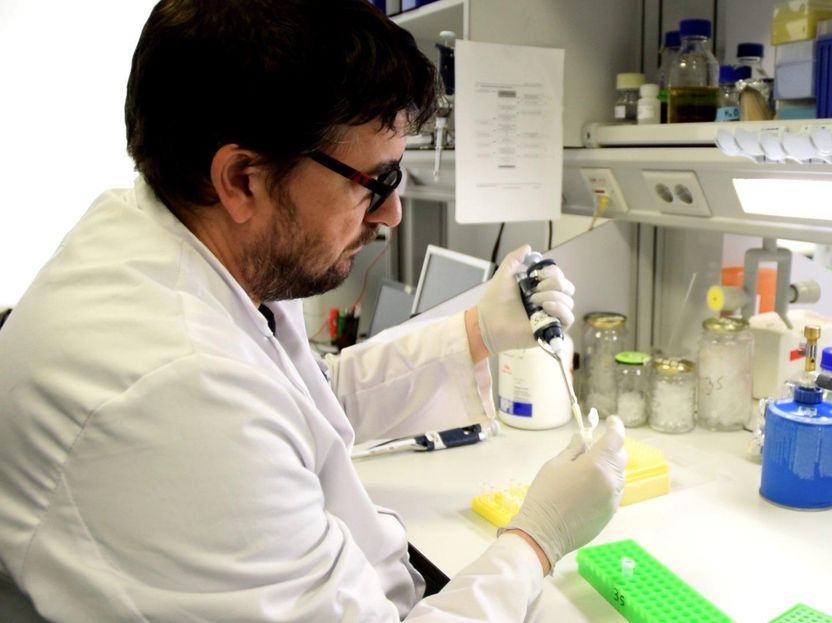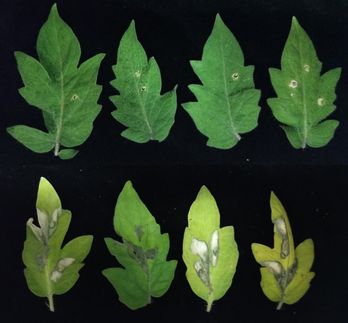Microbial biofactories for the production of natural compounds applicable in medicine, cosmetics and food
A European project has developed a new technology based on microbial communities as a sustainable alternative for the production of natural products.
Advertisement
Researchers from the Consejo Superior de Investigaciones Científicas (CSIC) participate in the SynBio4Flav project, which develops a technology for the production of flavonoids and other highly complex natural substances using microbial communities as biofactories. This novel technology can become a sustainable alternative to the traditional production of these substances from plant extracts, which is ecologically inefficient and with very low yields. Flavonoids are very valuable compounds due to their multiple applications in medicine, cosmetics and food.

Researchers have developed a novel flavonoid production technology.
CNB-CSIC
The project, led by National Center for Biotechnology (CNB-CSIC) researcher Juan Nogales, develops a production technique that allows a more efficient use of available resources by using microbial communities capable of replicating plant flavonoid synthesis processes. "The pioneering approach of SynBio4Flav has potential to be applied to the sustainable production of other complex organic compounds," says Nogales.
The researchers take advantage of the great biosynthetic potential of microbes and of their ability to co-exist in synergistic communities. "Instead of optimizing a single microbial species to produce flavonoids, the different stages of the production process are distributed among several species. This is a method based on the functional complementarity of microbial communities, where the production of one species serves as a resource for another," explains the researcher.
The ultimate goal of the project is to develop local microbial factories with a high capacity to transform urban and agricultural organic waste into value-added natural products. "The potential economic and environmental benefits are numerous, as this will allow compounds that are currently expensive and scarce to become affordable, as well as contributing to the conservation of natural resources," says Nogales.
SynBio4Flav is a project funded by the European Union's Horizon 2020 Research and Innovation Program and involves the participation of research organizations, academic institutions, SMEs and large leading companies from Spain, Germany, Sweden, Poland, France, Italy and Austria.
Note: This article has been translated using a computer system without human intervention. LUMITOS offers these automatic translations to present a wider range of current news. Since this article has been translated with automatic translation, it is possible that it contains errors in vocabulary, syntax or grammar. The original article in Spanish can be found here.























































